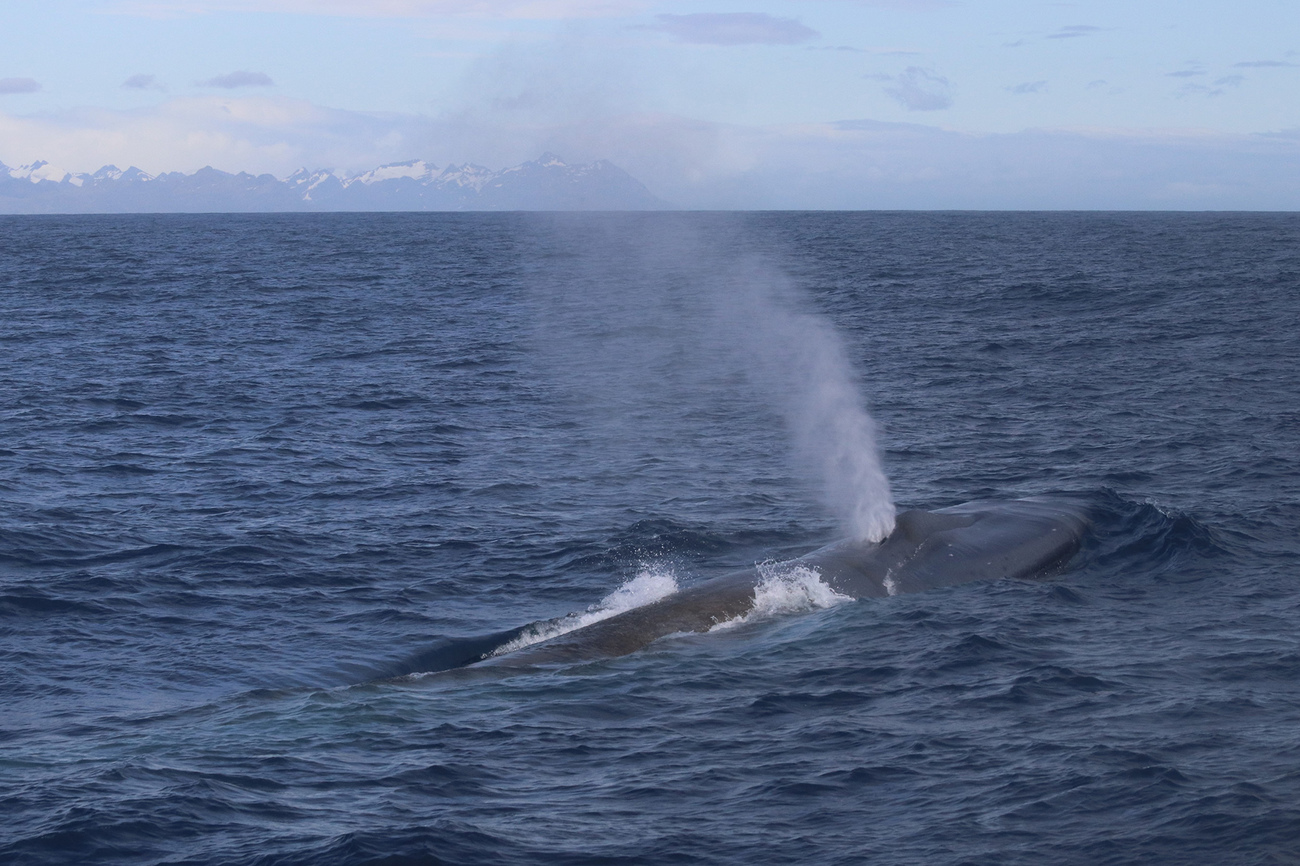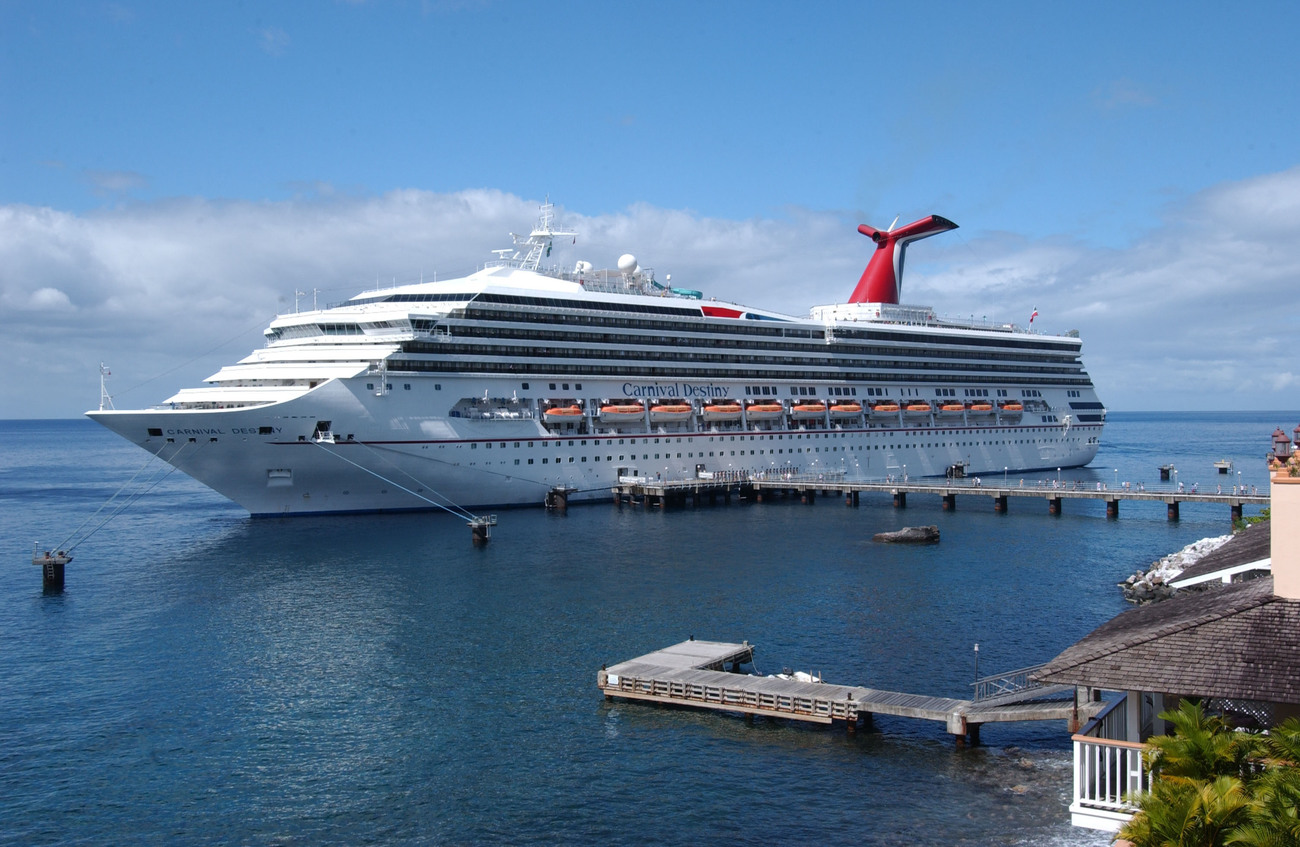Sharon Livermore
ocean noise quiets during the COVID-19 pandemic
ocean noise quiets during the COVID-19 pandemic

With travel and movement restrictions in place during the global pandemic, there has been a noticeable reduction in traffic via road, rail and air routes – the sound from which usually dominates the background noise in our day-to-day lives. We have been able to hear birds singing and other animals chattering in the morning and throughout the day – a daily reminder of the variety of ways and distances that wildlife communicate, but which is so often drowned out by human-generated noise. And if we can now hear the sounds and songs of nature, it means those animals can hear each other more clearly and from further away.
Noise pollution is invisible to the eye, but it drowns out the sounds of nature, and excessive noise from human activities impedes natural sounds or the perception of natural sounds by wildlife. This phenomenon is most apparent to us when it occurs in the air, but noise pollution is also a huge issue and major threat in the ocean. Sound travels much further and faster underwater than in air, and is vitally important to marine animals for communicating and navigating.
Marine life is being bombarded by underwater noise pollution from ships, seismic airguns, drilling, recreational boats and construction work, as well as military and fishing sonar. In the past, these animals and habitats were not exposed to such noise, and species that are particularly noise-sensitive, such as whales and dolphins, are now either forced out of critical habitat or having to tolerate this noise to continue essential activities like feeding and breeding.
Ocean noise has been rising for decades
Because noise is not visible, it means the impacts on different animals are not immediately obvious and it can take time for the effects to become evident in individuals or populations. However, there is stark evidence of how noise affects marine life. For instance, when shipping traffic on the East Coast of the U.S. stopped in the aftermath of the September 11th attacks in 2001, scientists studying North Atlantic right whales observed a sharp decrease in stress-related hormones in their faeces. They observed, “This is the first evidence that exposure to low-frequency ship noise may be associated with chronic stress in whales."
Between 1960 and 2000, ocean noise levels have doubled every ten years in many areas. This has drastically reduced the 'communication space' available to marine animals – the distance over which individuals can communicate with one another and their ability to detect, recognise and distinguish a vocalisation or signal. For example, blue whales could once communicate over entire oceans, but today the distance over which they can hear one another has shrunk by 90% because of underwater noise pollution. This means that breeding opportunities and choice are reduced or lost – for an endangered species, this can have population-level implications.

COVID-19 slows the cruise ship industry
During the COVID-19 pandemic, many industrial activities have slowed or stopped, and the cruise industry has been especially impacted, with cruises completely suspended throughout seas and oceans around the world. Cruise ships can have a significant impact on marine and coastal environments – they travel to and through many remote and ecologically sensitive areas, including Marine Protected Areas and National Parks.
Many of these areas and the sensitive marine life inhabiting them will be enjoying a quieter time without cruise ships operating this year – the Antarctic Peninsula and the sub-Antarctic island of South Georgia, where blue, minke, fin, humpback and southern right whales spend the summer months feeding, will be relieved of cruise ship presence and the associated noise during the 2020/21 austral summer. Likewise, the blue whale feeding and nursing grounds of Corcovado Gulf and Isla de Chiloe in Chile will also be much quieter for these endangered whales because of fewer cruise ships.
The levels of underwater noise produced by ships generally correlate with the speed at which ships travel, with faster ships producing more noise. Cruise ships travelling at high speeds in the Haruaki Gulf, New Zealand, have long been a concern for IFAW and other groups working to protect endangered Bryde’s whales there. Researchers have found that noise produced by large vessels passing can reduce communication space for Bryde’s whales by up to 87% in this area, meaning the ability for these whales to detect one another is dramatically reduced in the presence of ships. Another major issue for these whales is the risk of 'ship strikes' where vessels collide with whales, causing horrific injuries and often death.
Watch: Saving marine life could be as easy as adjusting the volume
Saving marine life could be as easy as adjusting the volume
Slower ship speeds benefit marine animals
The good news is that underwater noise and ship strike risk can both be greatly reduced by ships slowing down. Also, by travelling at reduced speeds, ships burn less fuel and so produce fewer greenhouse gases (GHGs), which results in both fuel cost savings and progress towards CO2 reduction targets for the shipping industry. So slower speeds can be a win-win for the environment and industry.
In many areas, the pandemic has allowed marine animals and habitats a moment of reprieve from some of the negative effects of human activities. Scientists also have a unique opportunity to study the ‘before’ and ‘during’ effects of changes in underwater noise levels on whales and other sensitive marine species, helping us to gain further understanding of how this invisible pollutant is threatening their survival.
A wake-up call
After the COVID-19 storm has passed, there will be a huge opportunity to reshape how businesses such as the cruise industry restart operations – ‘going back to normal’ should not be a given, as ‘normal’ wasn’t working ecologically. The pandemic can be the wake-up call to make the changes needed to provide better protection for animals, people and the place we call home.
-Sharon Livermore, Senior Program Manager, Marine Conservation
Learn more
For more information about IFAW’s work to protect marine animals, please read about our project looking to reduce ocean noise.
Related content
Every problem has a solution, every solution needs support.
The problems we face are urgent, complicated, and resistant to change. Real solutions demand creativity, hard work and involvement from people like you.